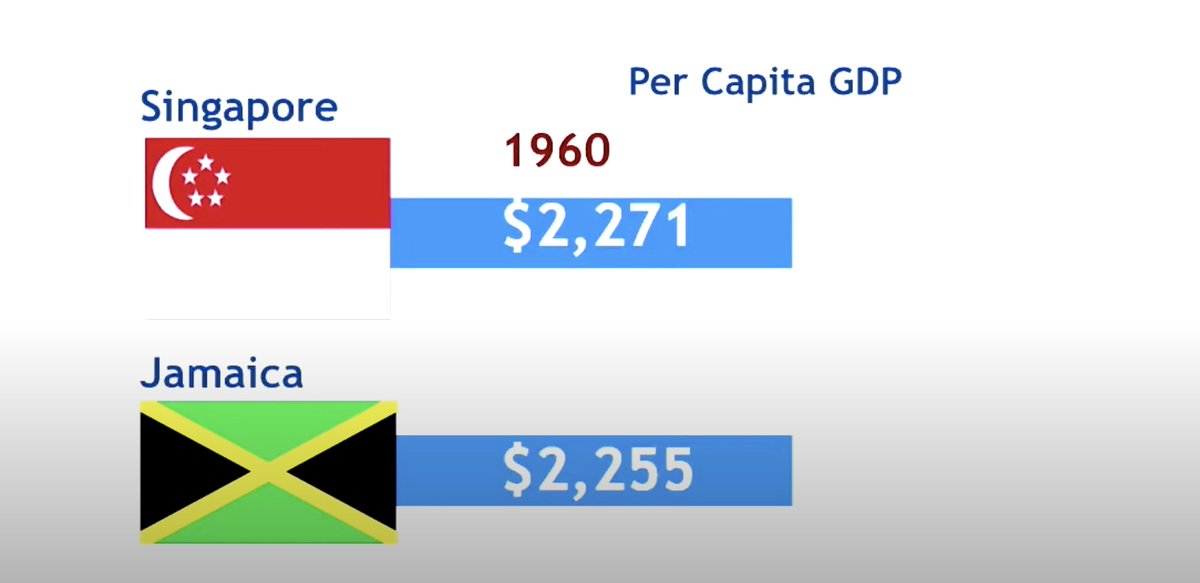
Coronavirus drives global debt to a new record high cnbc.com/2020/11/19/cor…
The IIF said global debt would break new records in the coming months to reach $277 trillion by the end of the year.
Among advanced nations, debt surged above 432% of GDP in the third quarter — a 50 percentage points increase from 2019.
In emerging markets, debt levels rose to over 248% of GDP, with Lebanon, China, Malaysia and Turkey experiencing the biggest rises in non-financial-sector debt.
The United States, which has implemented one of the biggest stimulus packages in the world, accounted for almost half of this rise.
The only place where debt isn’t reaching record highs?
In the EU, government action led to an increase of $1.5 trillion in public debt over the same period, to reach $53 trillion. This is still below the region's all-time of $55 trillion seen in the second quarter of 2014.
In the EU, government action led to an increase of $1.5 trillion in public debt over the same period, to reach $53 trillion. This is still below the region's all-time of $55 trillion seen in the second quarter of 2014.
This isn’t only a Covid-19 thing. The global economy is addicted # to debt and cannot grow without it.
"The pace of global debt accumulation has been unprecedented since 2016, increasing by over $52 trillion," the IIF said.
"The pace of global debt accumulation has been unprecedented since 2016, increasing by over $52 trillion," the IIF said.
As long as the music is playing, the investors & entrepreneurs are still dancing.
Eventually, the debt party will come to an end though — and when it does, the next crisis will make 2008 look like soft recession.
This time around, the debt levels are so much higher!
Eventually, the debt party will come to an end though — and when it does, the next crisis will make 2008 look like soft recession.
This time around, the debt levels are so much higher!
• • •
Missing some Tweet in this thread? You can try to
force a refresh







